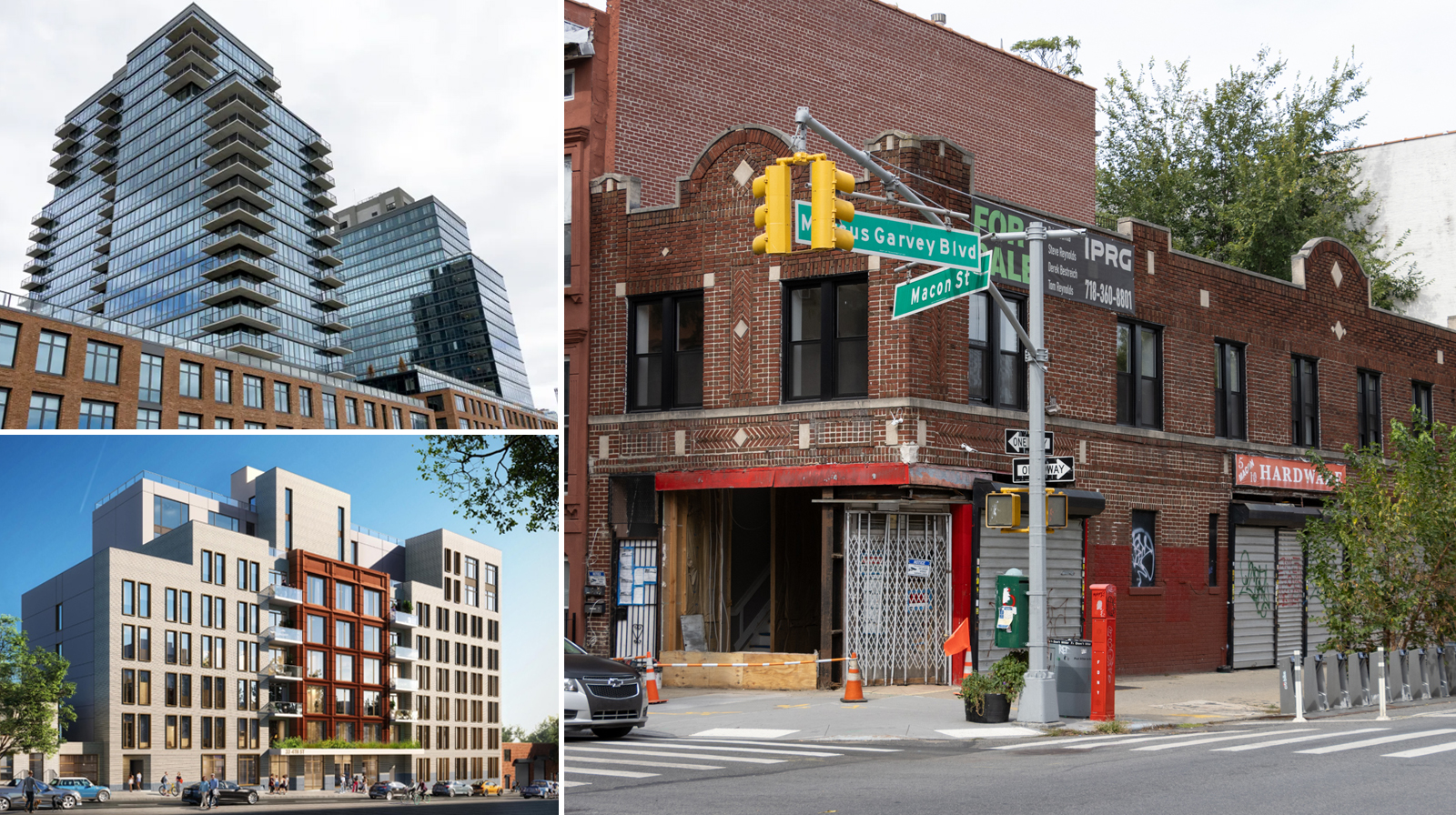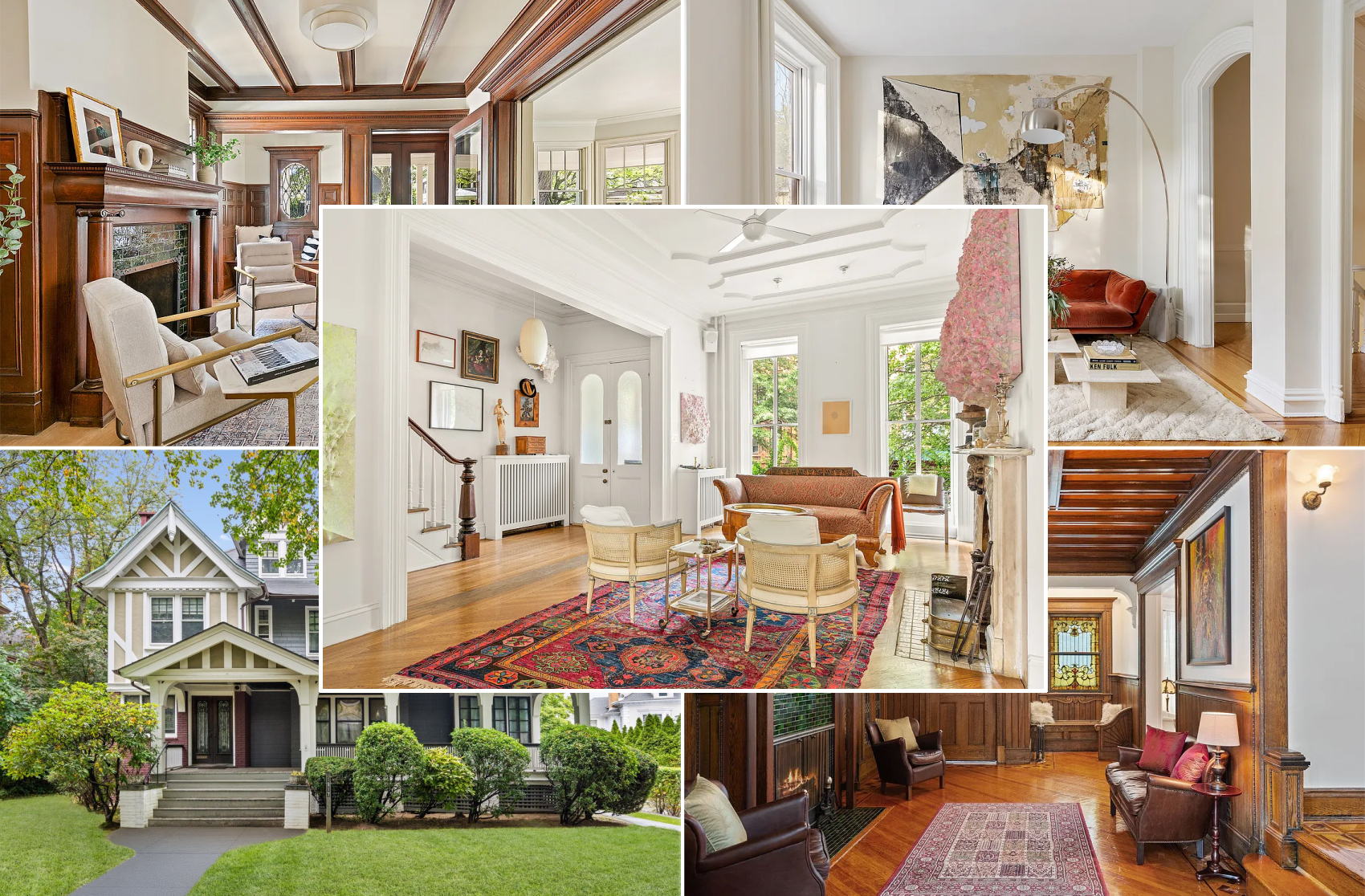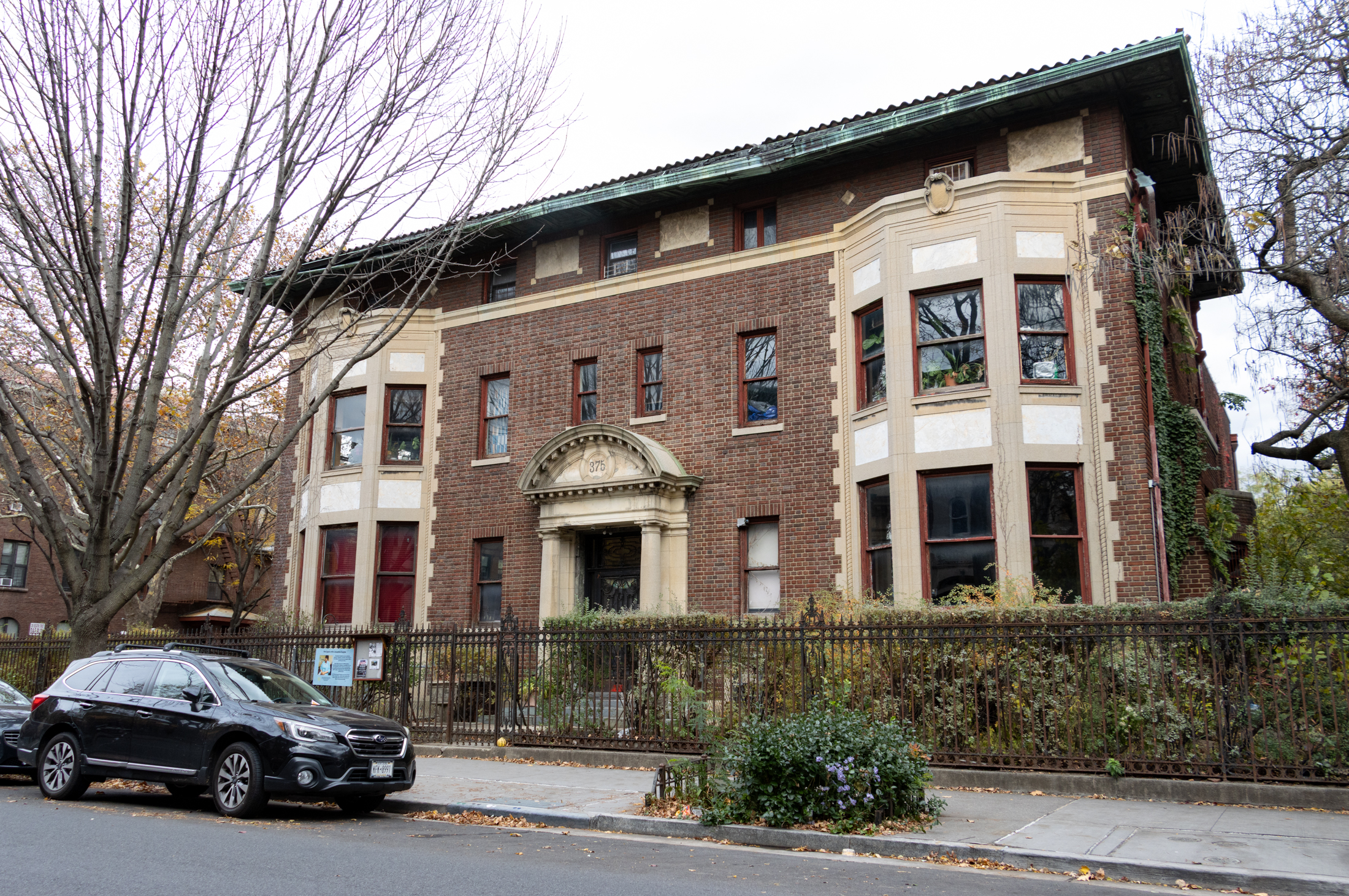Affordable Housing: Promises vs. Reality
The Gotham Gazette published an interesting article this week examining Mayor Bloomberg’s track record in affordable housing. A keystone to the Mayor’s housing plan is inclusionary zoning—granting benefits, such as a 33 percent higher floor to area ratio, to developers who include permanent affordable housing in their plans. Critics say that the plan hasn’t delivered…


The Gotham Gazette published an interesting article this week examining Mayor Bloomberg’s track record in affordable housing. A keystone to the Mayor’s housing plan is inclusionary zoning—granting benefits, such as a 33 percent higher floor to area ratio, to developers who include permanent affordable housing in their plans. Critics say that the plan hasn’t delivered nearly as much affordable housing as promised and supporters say that the plan can work, given enough time. In Greenpoint-Williamsburg, for example, the program has created 768 affordable rentals since 2005, and the goal is 2,200 over the course of a decade. Also, in 2005, the city promised over 6,000 units from already approved projects, but since then only 2,716 have come into existence, mostly in Manhattan, and this figure includes renovations of existing affordable apartments, not just new units. Also, between 2005 and 2008, the city lost 20,000 rent-stabalized apartments to market-rate developments, which tips the mayor’s affordable housing balance into the red. Alternative solutions proposed include mandatory as opposed to optional inclusionary housing, and a new focus on preservation and regulation of existing housing, as opposed to new construction. “The priorities that Bloomberg has put on development of new construction as a solution to affordable housing has been the wrong emphasis,” Mario Mazzoni, the lead organizer at the Metropolitan Council on Housing, told the Gazette. “You cannot build yourself out of the affordable housing crisis in New York City.”
Affordable Housing Not Included [Gotham Gazette]
Affordable housing map, showing completed vs. closed inclusionary housing projects, from The Gotham Gazette





The problem with people like Mario Mazzoni is they ignore simple economics –
If you simply force lower rents (price controls) the result is simple – shortage.
Essentially price controls results in a situation where people in units (and with good connections to get units) do great, and everyone else does worse.
It is also important to remember that every plan that simply forces builder to build “affordable units” (with no tax break or subsidy) means that fewer units will be built and the market-rate units will be more expensive – thereby squeezing out the middle (and upper middle) who cant shoulder the added burden.
While I get the appeal of plans that seem to strike out at “evil landlords” and “the rich” but it isnt that simple and the unintended consequences of such plans are often much worse than the problem trying to be solved.
Folks. NYC proper includes all of the 5 boroughs, including the poor parts. 7MM people DO live there now, with all of their vibrancy. Affordable housing is ostensibly being built to keep people in their neighborhoods, but do they restrict the lotteries to locals? No. It’s a chance to get a freebie. You can move from queens to downtown brooklyn by winning a lottery. and have the city subsidize it.
NYC has vastly different mixes of people in different areas. there is fantastic vibrancy in every borough (except maybe SI) thanks to centuries of immigration. We have this beautiful salad-bowl city.
But you guys are pushing for a soup. I want the salad bowl. Why do you need ALL of NYC to be income-homogeneous? Why? Why do you need low and high income in the same BUILDING? that also kills the vibrancy.
And you frame the issue like I’m some kind of Nazi who wants to remove the underclass. Using words like “uber-” is not cool.
Affordable housing is an issue of two numbers. The number of people, and the number of housing units. It doesn’t have to be any more complicated than that. They don’t have to be planned, allocated, applied for, or anything else. Just built and sold, like any other product. You don’t need all this soap-boxing to keep a roof over everyone’s head.
quote:
if you want to make 20K a year as a bartender while you wait for your band to take off, I don’t want to pay your rent.
LOL you aren’t paying their rent. usually bartenders in a band making 20K live with multiple roommates and pay their own rent without subsidies. you will however pay most of the rent for someone who has 3 kids whose fathers are missing in action. that’s just the truth and sadly the vicious cycle of poverty. that being said, id rather my taxes go to pay part of her rent than to subsidize luxury condos which seems to be happening more and more.
*rob*
Benson, I don’t care if Yonkers is the shining city on a hill, that’s really not the point. And yes, I’ve been there, btw. The point is that New York City needs, requires, all kinds of housing, and it would behoove the city to do everything possible to make that a priority. It’s not a liberal or conservative point, it’s a human, civilized point. There is more to housing people than simply concentrating on those who cannot afford anything. That is always the straw man in these arguments, that we are “wasting” money on housing for people who are sitting around not contributing. The fact is, that those are not the people who constitute the vast majority of those clamoring for housing. It’s the middle classes. The UPS driver, the nurse, the teacher and the janitors, the cops. We have within our borders the housing stock we need. We need to utilize it, rehab it if possible, build when necessary. We don’t need to move to Yonkers, or anywhere else, unless we choose to do so, not are forced to do so.
Oh, I get it. Only people who make big salaries or fit some vague social criterion established by those who make a certain salary level should be allowed to live in Brooklyn. Now they think they are subsidizing hardworking Americans who aren’t rich. Good thing we live in a democracy, not a dollarcracy. MM, perhaps we should start packing for Yonkers, now. I wouldn’t want benson to subsidize my Brooklyn cachet any longer.
Any homeowner that takes government money should be forced to rent one of their units as “affordable”. If you take government money because you bought more house than you could afford then be prepared to give back. If the middle-class did not get cought up in the housing bubble yhere must be a reason. Maybe they are alot smarter than most yuppie geniuses who thought were so smart in buying homes with no money down. Thank you for bringing the price of homes to millions of dollars. We will enjoy shopping for them on propertyshark for pennies.
Benson, that particular street in Crown Heights was never upper class housing. It is tenement buildings and flats above commercial space. Is it possible for you to concede that I know what I’m talking about, at least in my own neighborhood?
I am also familiar with 20’s buildings, and a great majority of them could be rehabbed with no problem. Obsolete is in the eye of the beholder. I also never claimed that EVERY older building is prime for rehab, OBVIOUSLY, they would have to be looked at on a case by case basis, which is par for the course anyway. I still say that the vast majority of abandoned, or partially abandoned older buildings could be salvaged.
To continuously think that the trickle down building concept works is to deny reality. If that was correct, then all of the new condos and apartment buildings would be full. Obviously not the case, because people can’t move, and a lot of these buildings are not worth moving into. You are also assuming that that miracle would cause the formerly occupied buildings to magically reduce in price to allow those below to move on up. That also has not happened, and isn’t likely to.
“But they shouldn’t have to be consigned to Yonkers, and a 2 hour commute to a low paying job in order to survive.”
Uh, Montrose, have you seen Yonkers?? A few facts:
-For those who work in Manhattan, Yonkers is a BETTER commute than from the outer parts of Brooklyn where many of the lower income areas are located.
-Yonkers is very similiar to Brooklyn in many ways. In fact, it could be argued that Yonkers’housing stock is better than that of Brooklyn. I remember that when I was young, moving to Yonkers was a step up for many people from Brooklyn.
What Yonkers doesn’t have (at the moment) is the “cachet” of Brooklyn. To Joe’s point, therefore: Yonkers is a perfectly suitable alternative for those seeking lower-cost housing. If you expect the taxpayer to subsidize “cachet”, well,sorry, I’m not signing up for that deal.
joe- not everone is going to make megabucks. That’s reality. Many of the most necessary jobs do not pay well but try to get along without your office cleaning worker for a couple of days, then get back to us. It isn’t a matter of liberals or conservatives. It’s a matter of seeing everything in terms of dollars and cents at the expense of people.